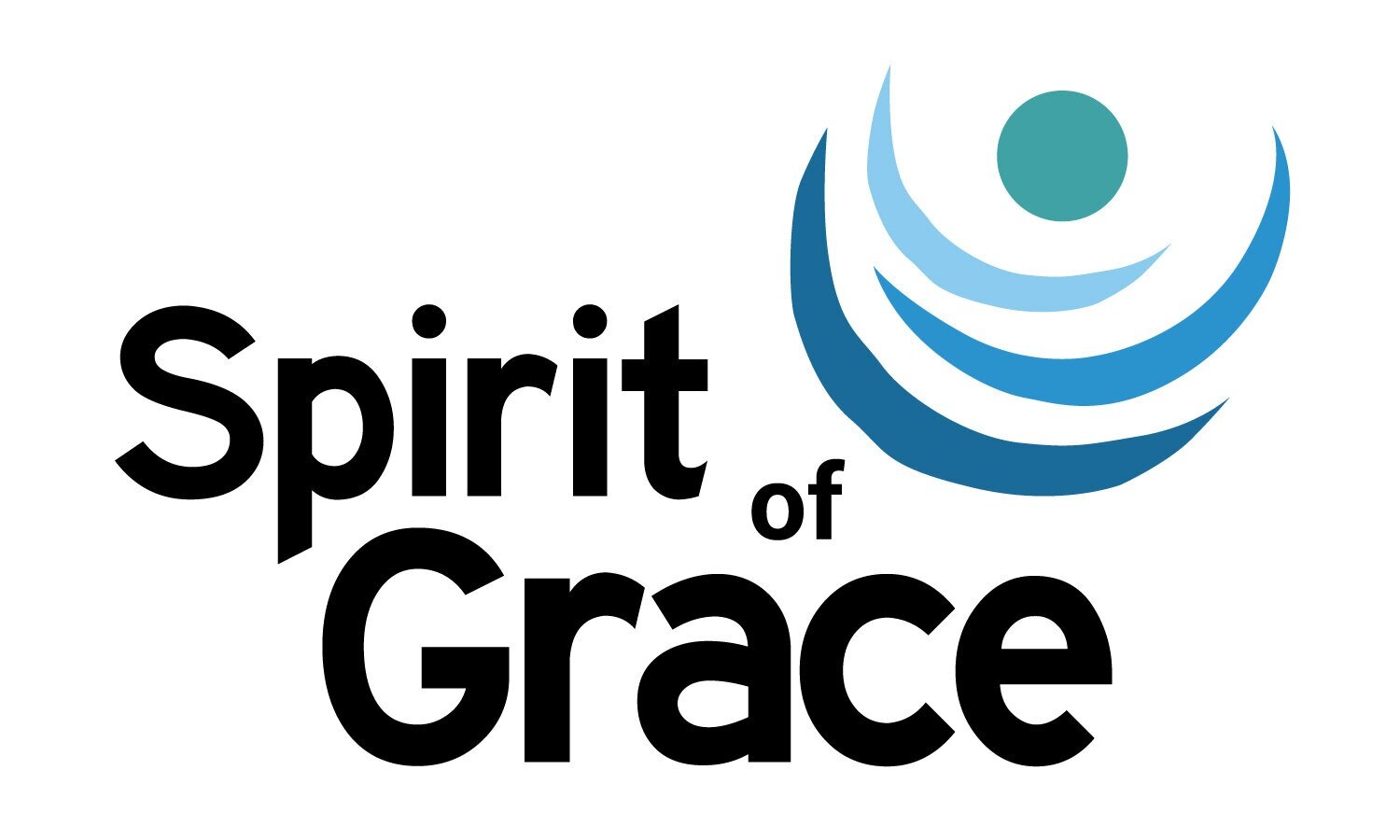You’re invited to join the community for a Holden Evening Prayer service this evening from 7-8 pm, either in the sanctuary or on Zoom. Email the office at office@spiritofgracepdx.org for the Zoom link.
~~~~~~~~~~~~~~~~~~~~~~~~
A reflection from Susan-Rae Bell:
I’ve been spending a lot of time with my 6-year-old granddaughter exploring holidays and celebrations around the world and across cultures. And of course, we’ve come to see that most of them this time of year focus on light. Lanterns, fireworks, candles, strings of colored and white lights, and fireplaces. It’s almost a no brainer that as the days around the world get shorter, we human beings crave more light and will find many ways to provide as much of it as possible.
For many of us, me and many in my family included, there is a condition we must also contend with: Seasonal Affective Disorder (SAD). It is a type of depression that's related to changes in seasons. SAD begins and ends at about the same times every year. If you're like most people with SAD, your symptoms start in the fall and continue into the winter months, sapping your energy and making you feel moody. In any case, most everyone misses the decreased light, and we crave added light as a way to “lift our spirits.”
However, we can also learn to embrace the darkness, despite our dualistic good vs. evil culture that calls us to often see light and dark in such terms. Paul Bogard, editor of the anthology Let There Be Night: Testimony on Behalf of the Dark, reminds us that the dark is good for our sleep, our biology, and the health of our ecosystems. It’s good for our creativity and our spirits. In his book, The End of Night, he stresses why we need darkness. In darkness we find our rest and often our ability to search our souls. It gives us the opportunity to grope and to dig and to focus in ways that we could never do in the light.
In my own life, even in my darkest times, in some sort of perverse way, I’ve always welcomed the darkness. Thankful that darkness did not question or rebuke me, but instead soothed and embraced me, granting validity to even my rawest emotions and probing questions.
I have found that greater minds than mine have most eloquently expressed the beauty of the dark. Helen Keller said, “There is beauty in everything, even in silence and darkness.”
Even in scripture which so ordinarily focuses on light, Psalms says: “Even darkness will not be dark to you, the night will shine like the day, for darkness is as light to you” (Psalm 139:12).
And Wendell Berry perhaps gives us the best advice of all: “To go in the dark with a light is to know the light. To know the dark, go dark. Go without sight, and find that the dark, too, blooms and sings, and is traveled by dark feet and dark wings.”
So in this time of Advent, let’s “go dark.” Let us all see what we may find in embracing the darkness that feeds our spirits and soothes our souls.


























